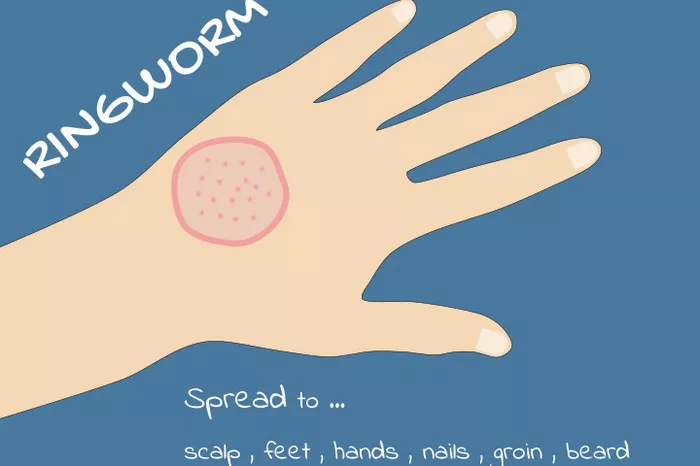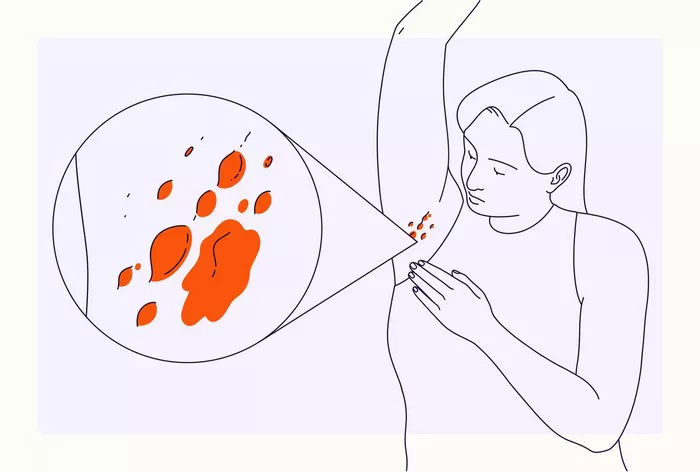Vitiligo, a condition characterized by the loss of skin pigment, affects individuals of all ethnicities and races. While it’s commonly associated with darker skin tones, vitiligo can indeed occur in individuals with lighter skin, including those of Caucasian descent. The misconception that only people with darker skin are susceptible to vitiligo is just that – a misconception. In reality, vitiligo does not discriminate based on skin color, and its causes and manifestations are diverse and complex.
Understanding Vitiligo: Causes and Mechanisms
To comprehend why vitiligo affects individuals of all races, it’s crucial to delve into its underlying causes and mechanisms. Vitiligo occurs when melanocytes, the cells responsible for producing melanin – the pigment that gives skin its color – are destroyed or stop functioning. This leads to depigmentation or the development of white patches on the skin.
The exact cause of vitiligo remains elusive, but it’s widely believed to be multifactorial, involving a combination of genetic, autoimmune, and environmental factors. Genetic predisposition plays a significant role, as individuals with a family history of vitiligo are at a higher risk of developing the condition. However, genetics alone cannot account for all cases, suggesting that environmental triggers and autoimmune responses also contribute to the onset and progression of vitiligo.
Autoimmune theory suggests that vitiligo may result from the body’s immune system mistakenly attacking melanocytes, leading to their destruction. This autoimmune response can be triggered by various factors, including oxidative stress, hormonal changes, and exposure to certain chemicals or substances.
Dispelling the Myth: Vitiligo in White Individuals
One of the prevalent myths surrounding vitiligo is that it primarily affects people with darker skin tones. This misconception may stem from the more noticeable contrast between depigmented patches and darker skin, making vitiligo more visually apparent in individuals with higher levels of melanin. However, this does not mean that white individuals are immune to the condition.
In fact, vitiligo can manifest differently in individuals with lighter skin. Instead of developing stark white patches, depigmented areas may appear lighter than the surrounding skin, making them less conspicuous. Additionally, vitiligo in white individuals may be more challenging to diagnose, as the contrast between affected and unaffected skin may be less pronounced.
Clinical Presentation and Diagnosis
The clinical presentation of vitiligo in white individuals may vary depending on factors such as skin tone, age, and the extent of depigmentation. In lighter-skinned individuals, depigmented patches may appear as faint, pale spots that blend more seamlessly with the surrounding skin. As a result, these patches may go unnoticed or mistaken for other skin conditions, delaying diagnosis and treatment.
Diagnosing vitiligo in white individuals often requires a thorough examination by a dermatologist experienced in recognizing the subtle signs of the condition. Wood’s lamp examination, which uses ultraviolet light to highlight depigmented areas, can be particularly useful in detecting vitiligo in individuals with lighter skin tones. Additionally, dermatologists may perform skin biopsies to confirm the diagnosis and rule out other possible causes of depigmentation.
Treatment Options and Considerations
Treatment options for vitiligo aim to repigment depigmented areas, slow down the progression of the condition, and improve the cosmetic appearance of the skin. While treatment outcomes may vary depending on factors such as the extent of depigmentation and individual response to therapy, many white individuals with vitiligo can achieve significant improvement with appropriate treatment.
Topical corticosteroids, calcineurin inhibitors, and phototherapy are commonly used to treat vitiligo in individuals of all skin tones, including those with lighter skin. These treatments work by stimulating melanocyte activity and promoting repigmentation of depigmented areas. In some cases, surgical interventions such as skin grafting or melanocyte transplantation may be considered for localized or refractory cases of vitiligo.
It’s important to note that treatment decisions should be individualized based on the patient’s preferences, medical history, and the severity of their condition. Dermatologists may also recommend lifestyle modifications and sun protection strategies to minimize the risk of sunburn and further depigmentation in individuals with vitiligo, regardless of their skin tone.
Support and Awareness
Living with vitiligo can pose unique challenges, regardless of one’s skin color. The condition may impact self-esteem, body image, and social interactions, leading to feelings of self-consciousness and isolation. Therefore, support from healthcare professionals, support groups, and advocacy organizations can play a crucial role in helping individuals cope with the psychosocial aspects of vitiligo and access appropriate care and resources.
Raising awareness about vitiligo and debunking myths surrounding the condition is essential to ensure that individuals of all races receive timely diagnosis, treatment, and support. By promoting inclusivity and understanding, we can empower individuals with vitiligo to embrace their unique beauty and live confidently, regardless of their skin color.
Conclusion
In conclusion, vitiligo is a complex and multifaceted condition that can affect individuals of all races, including white people. While the clinical presentation of vitiligo may differ in individuals with lighter skin tones, the underlying mechanisms and treatment principles remain consistent across diverse populations. By dispelling myths, increasing awareness, and promoting inclusivity, we can foster a more supportive and understanding environment for individuals living with vitiligo, regardless of their ethnicity or background.



























